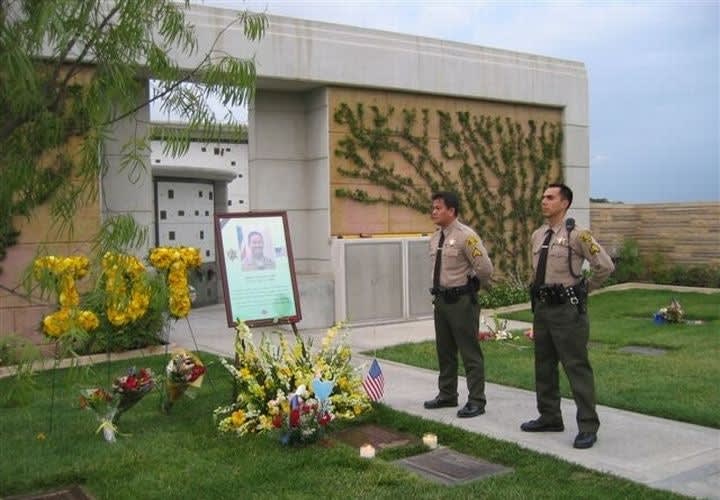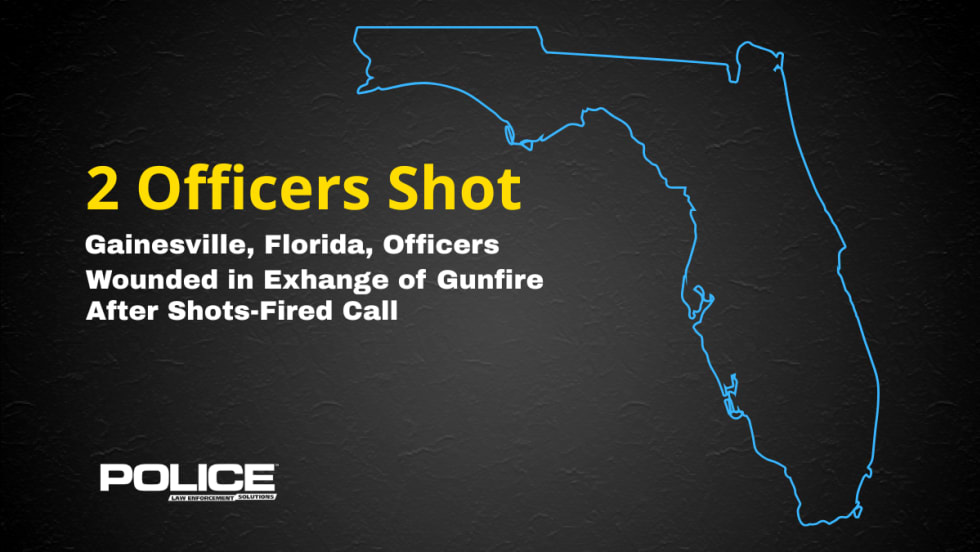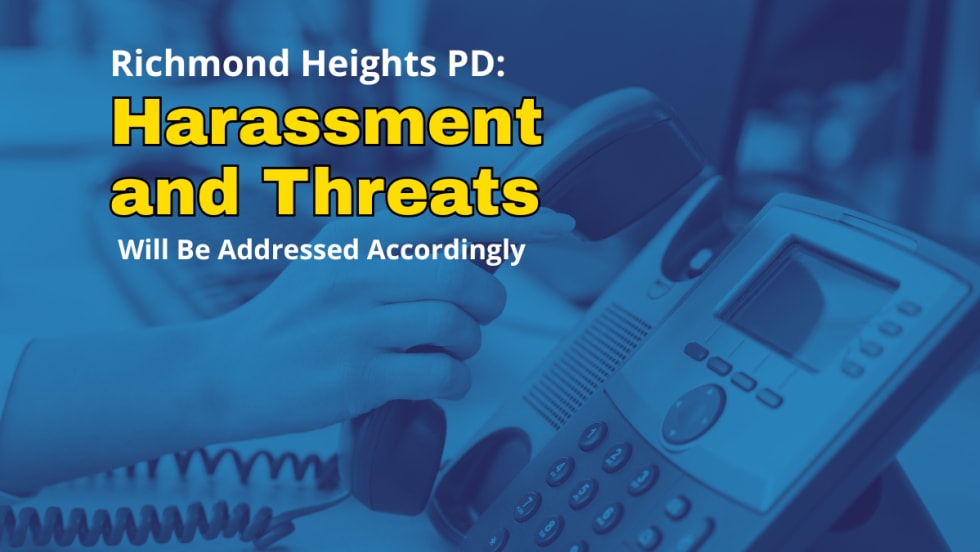Short of some life or death struggle, I imagine the most surefire way for a cop to become aware of his or her own mortality is to become a parent. Certainly, I was never more afraid of dying than after the birth of my son.
The thought of not being there for my boy and leaving others to exert some control in fashioning his principles, values, and priorities began to weigh heavily on my mind. Would others step up to assist him in my absence? How would he ultimately deal with my absence?
Nothing brought that concern more into focus for me than when I attended the funeral of a deputy I'd worked with at the Industry Station of the Los Angeles County Sheriff's Department, Mike Arruda.
Mike was simply not the kind of person anyone would have envisioned dying before his time. He was too full of life. Good looking and charismatic with a great sense of humor, as well as a perennial favorite in the Police Olympics (where he'd taken the Gold in men's bodybuilding), Mike was also a devoted father to Mike Jr.
Seeing his son at Mike's graveside and recognizing what the 11-year-old had lost affected me deeply. I wanted to reach out to help him but could do no more than some anonymous donations in the collection jar in the watch sergeant's office. The jar was placed there annually by Dep. Joe Nanquil, a better man than I as he has kept in touch with Mike Jr. in the years following Dep. Arruda's death.
After my retirement, I kept tabs on Mike Jr., asking about him through mutual friends. I'd also visit the Officer Down Memorial Page. One day, I found a poignant message Mike Jr. had left on the site where he'd articulated the difficulty he was going through and how much he missed his dad.
As I read Mike Jr.'s words on the Website, I wondered if my fears for his future weren't coming true. I contemplated on how little time or energy society seemingly devotes to the welfare of those families whose patriarchs and matriarchs have fallen in the line of duty.
The more I dwelled on the matter, the more determined I was to write a story about these children of fallen officers. It was an idea borne largely of anger and disgust. Anger at the people responsible for these losses. Disgust at people who celebrate copkillers.
More recent events only strengthened my resolve. The celebratory mood of certain factions in Oakland after the murders of four of their finest earlier this year, as well as the pernicious apathies of a news media that by and large failed to condemn it, were coloring my developing slant on the article.
But sometimes a story takes you where it wants to take you, some place much different than where you'd envisioned. And this feature had a mind of its own.
I contacted a variety of police organizations, some of which actually returned my calls, none of which were more helpful than Concerns of Police Survivors (C.O.P.S.) and the Vantagepoint Scholarship Program. Through them, I was able to contact most of the people featured in the article.
As I began interviewing those whose parents had been killed in the line of duty for our special report "What Happens to the Children of Fallen Officers" on page 53, I saw that while tragedy and death had been the catalysts for their tales, their lives were ultimately stories of survival, not anger.
Through Gina (Allred) Vinecourt, Jim Chadwell, and Jim Downey, I saw that each had honored their fallen fathers in his or her own way. They illustrated to me how officers who die in the line of duty live on through the legacies of their children and by those who continue to honor them.
I also saw that desire to honor the fallen in how Dep. Joe Nanquil and many of the deputies I'd worked with at Industry Station marked the fifth anniversary of Dep. Arruda's death with a 24-hour graveside vigil.
And I saw it in the actions of others such as the Vantagepoint Scholarship people and C.O.P.S. who, contrary to my initial impression, proved to me that there are those who are hardly insensitive to the plight of an officer's children and spouse. They just aren't as ostentatious in their efforts as those campaigning on behalf of cop killers.













